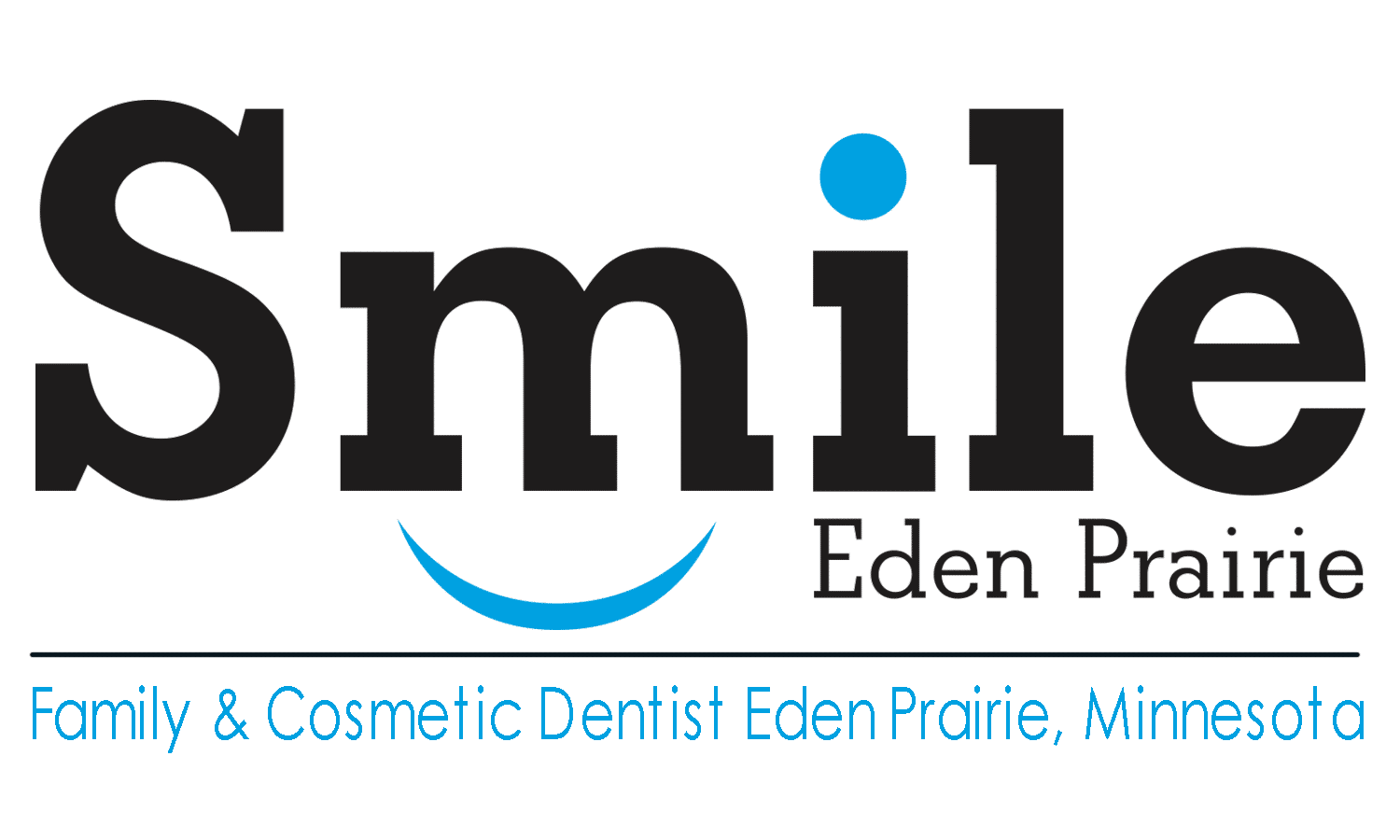Visting Dentist & Chemotherapy
The information is intended to help people who are undergoing chemotherapy for cancer. While chemotherapy has shown success in treating cancer, it can cause side effects specifically in the mouth. Unfortunately, these side effects can cause a delay, modification or end to treatment altogether. In order to avoid serious problems, patients should visit their dentist at least two weeks prior to the start of their chemotherapy.
Chemotherapy involves using various drugs to treat cancer. While the chemotherapy drugs can be successful in killing cancer cells, they can also impact normal cells, including the cells in your mouth. The most common side effects in the mouth include your teeth, gums and saliva glands. The side effects in the mouth can be serious and cause pain or make it difficult to eat, talk and even swallow. You can also be at an increased risk of infection
Depending on the severity of the side effects, your cancer treatment may need to be delayed, adjusted or even stopped.
The problems during chemotherapy treatment vary drastically from person to person. They can depend on the drugs used and your body’s reaction to those drugs. The problems experienced could be present during treatment or for shortly following treatment. The side effects include:
- Mouth and gum pain
- Dryness in the mouth
- Burning or swelling of the tongue
- Infection
- Change in taste
It is recommended that patients visit their dentist at least two weeks before starting chemotherapy. If your chemotherapy has already begun, visit your dentist as soon as possible.Patients are sometimes surprised that their dentist plays such an important role in their cancer treatment. Visiting the dentist before starting chemotherapy can help avoid serious mouth problems. Sometimes side effects occur due to issues before chemotherapy began. While not all mouth problems are avoidable, minimizing the side effects can help ensure the success of your cancer treatment.
Prevention is key and you can help ensure your mouth is healthy during chemotherapy. Once you begin your treatment, it is important to examine your mouth daily and look for sores or any other changes.
In order to help prevent soreness in your mouth:
- Keep your mouth moist
- Drink plenty of water
- Consume ice chips
- Chew sugarless gum or sugar-free hard candy
- Use a product to help keep your mouth moist
To help keep your mouth, tongue, and gums clean:
- Brush teeth, gums and tongue with an extra-soft toothbrush following meals and before going to bed
- Use a toothpaste containing fluoride
- Avoid mouthwashes containing alcohol
- Gently floss teeth daily
- Rinse your mouth throughout the day with a solution of baking soda (1/4 teaspoon), salt (1/8 teaspoon) and water (1 cup)
If you experience soreness in your mouth, use caution with what you eat and drink.
- Select notorious foods that are easy to chew and swallow
- Take small bites when eating, chew slowly and be sure to consume plenty of liquid when eating
- Consume soft, moist food (ex. Yogurt, warm cereal, mashed potatoes and scrambled eggs)
- If food is difficult to swallow, add sauce, broth, yogurt or another liquid to help soften
Things to avoid:
- Hard, crunch food such as chips or things that can cut your mouth
- Hot, spicy or acidic foods that can cause irritation
- Food or beverages high in sugar which can result in cavities
- Toothpicks
- Tobacco
- Alcohol
Contact your doctor if you experience mouth pain during your treatment. They can help determine if there is a medication that can help control the pain.
